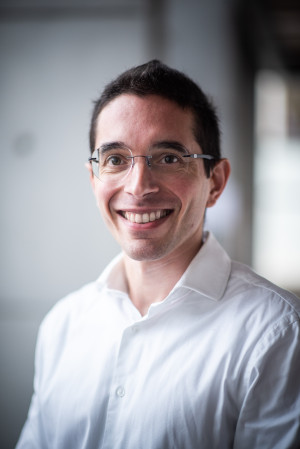Lecturer: Andrea Sangiacomo
Fields: Philosophy

Content
Contemporary discussions in philosophy and cognitive science analyze experience by seeking to understand how it is possible for a conscious subject to get in touch, know, and operate within a world outside of it. The notions of ‘consciousness,’ ‘mind,’ and ‘external world’ take center stage in these approaches and a spectrum of different theoretical options is available to flesh out the relation between these concepts. For realist accounts, consciousness and world are two relatively independent (albeit related) domains of reality, while for idealist accounts, the world is just a projection of conscious activity itself. More recently, a new enactivist account suggested that both conscious experience and the world are co-originated together in their mutual interplay.This short course explores the way in which early Buddhist philosophy navigated between the extremes of realism and idealism, by arriving at an understanding of experience that might fit the ‘enactivist’ approach. In particular, we will investigate how what is called ‘consciousness’ in today’s Western discussions is best understood in Buddhist thought in terms of ‘contact’ (Pali phassa), namely, the complex activity of discerning and parsing contents of experience which gives rise to subjective experience. For early Buddhist thought, conscious experience requires a basis in something that is different and outside the sentient subject itself and that conditions the way in which consciousness works (hence strict idealism is rejected). However, the contents of conscious experience are not representations of what is in the ‘external world,’ but rather constructions conditioned by meaning (perception), conative drives, and feelings (hence strict realism is also rejected). By underscoring this point, Buddhist texts draw attention to the way in which experience is not only constantly shaped by various factors and conditions, but also how a disciplined practice can allow one to steer this process at will and thus shape their own experience in specific ways, which might be conducive to the achievement of the soteriological goals that are central in early Buddhism (freedom from craving, and peace).
Lecturer

Andrea Sangiacomo is Associate Professor of Philosophy at the Faculty of Philosophy at the University of Groningen, where he currently teaches global hermeneutics and ancient Buddhist philosophy. His research interests include Western early modern philosophy and science, soteriological conceptions of selfhood in a cross-cultural perspective, and ancient Buddhist thought and practice.
Affiliation: University of Groningen
Homepage: https://www.rug.nl/staff/a.sangiacomo/
Personal Website: http://www.dhammavicaya.com/